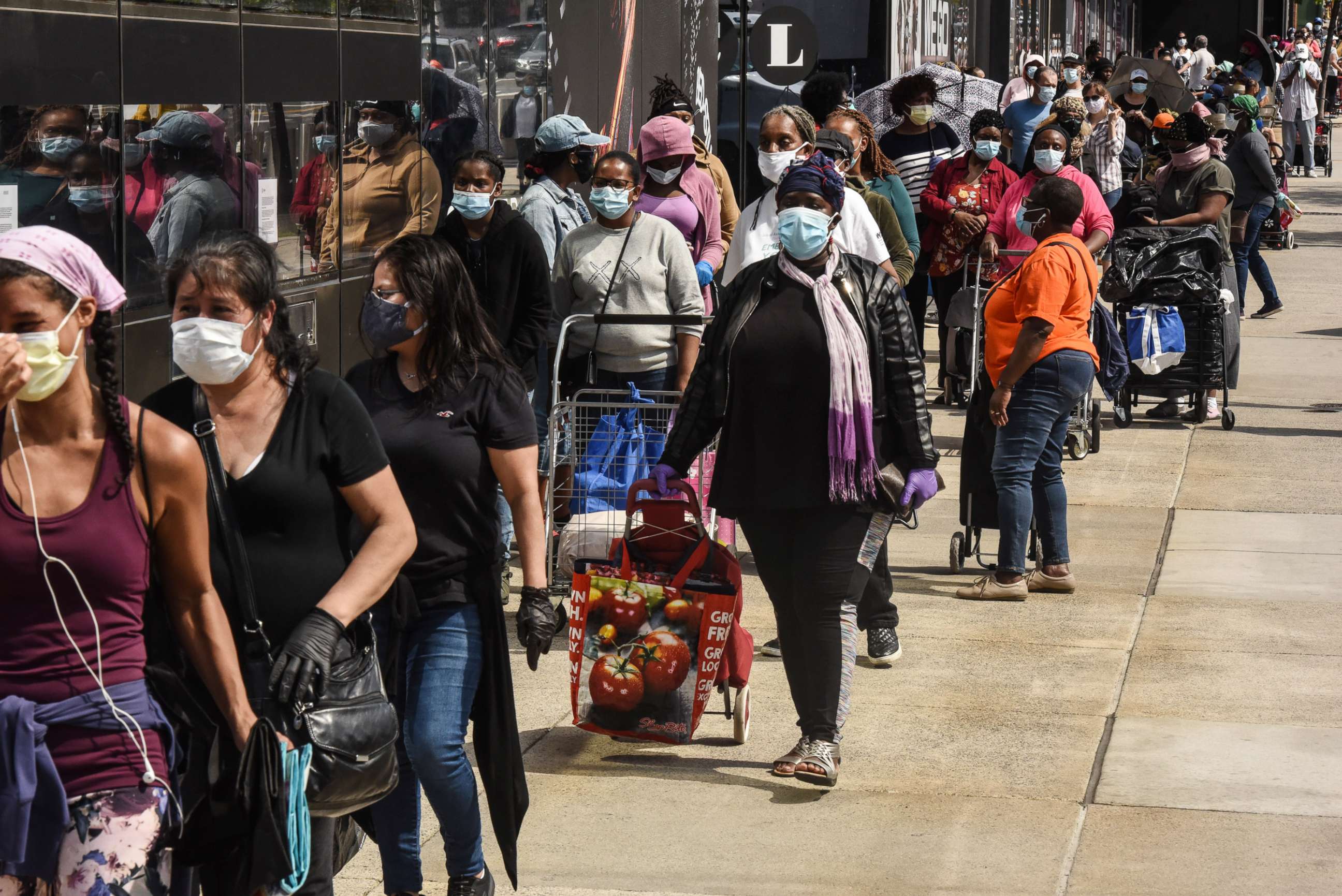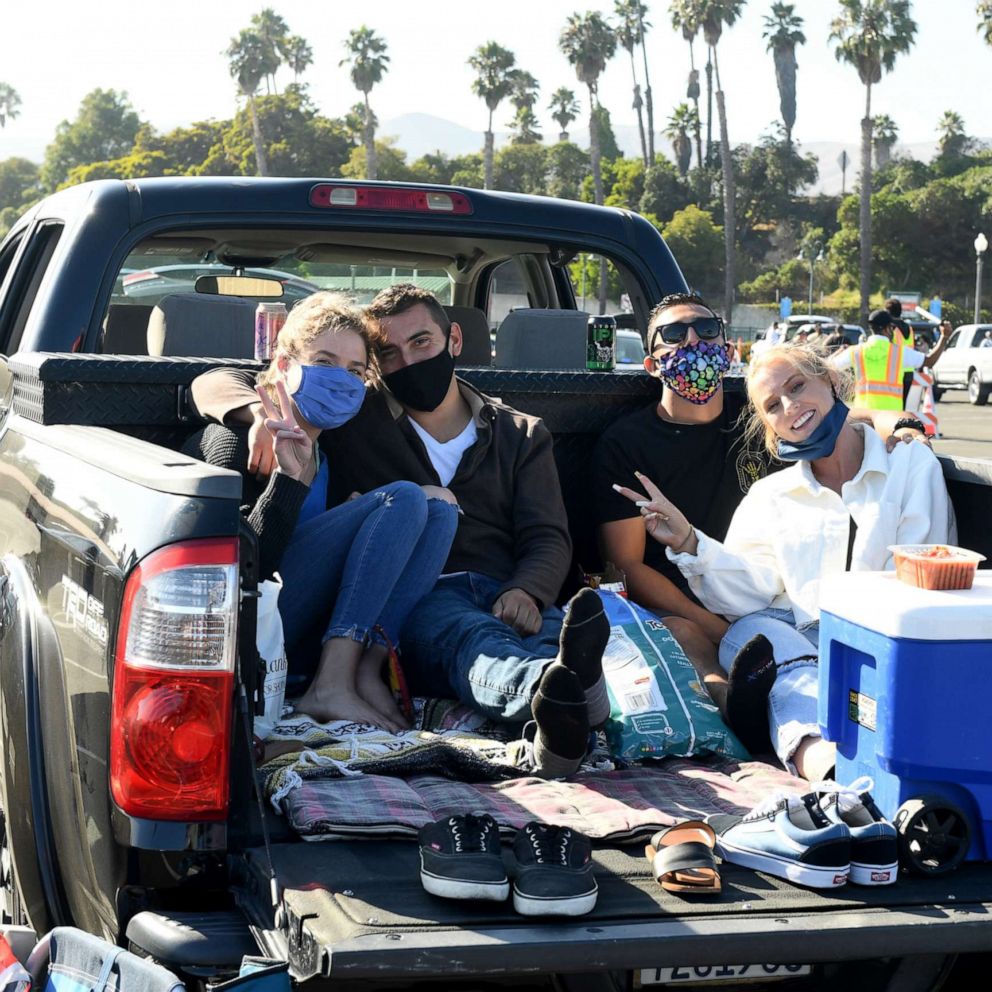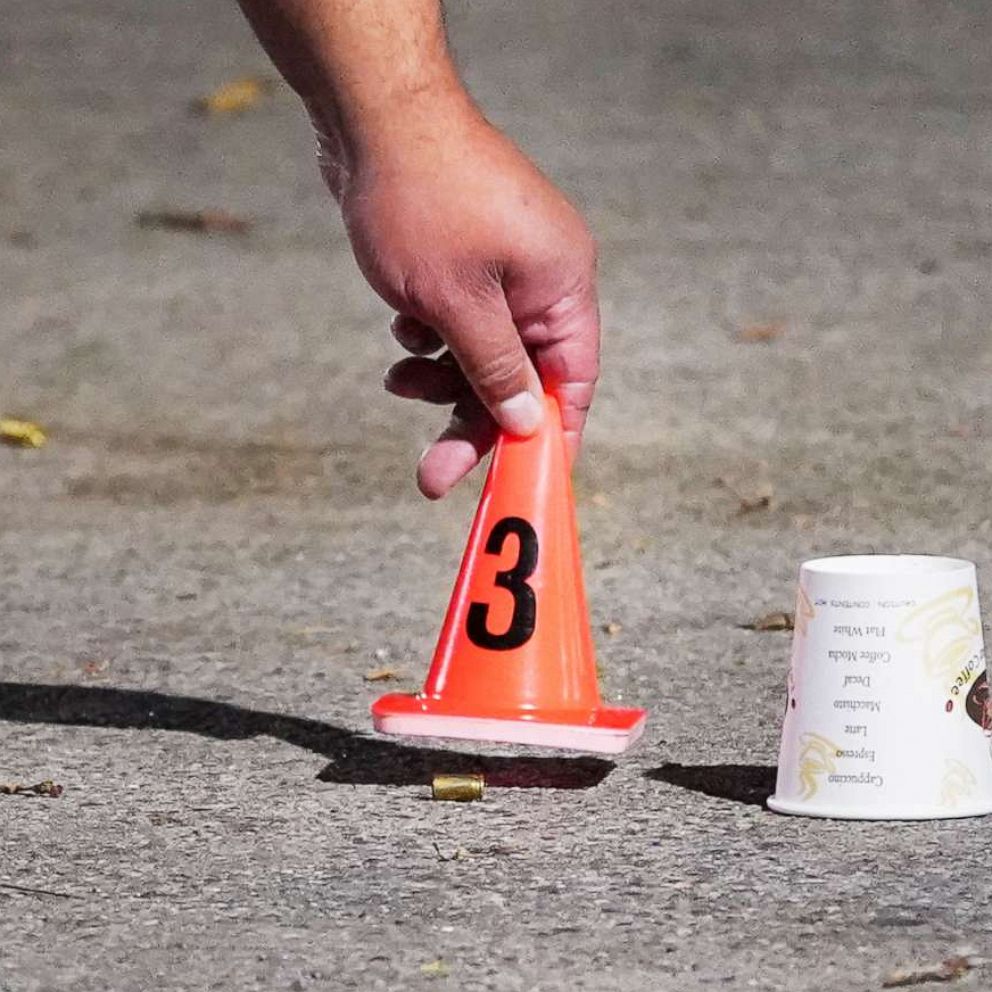Depression rates tripled during the pandemic: Study
Widespread trauma could have a devastating effect on mental health.
The percentage of Americans reporting symptoms of depression more than tripled during the ongoing coronavirus pandemic, according to a new study.
In surveys conducted prior to the pandemic, 9% of respondents reported depressive symptoms, researchers found. Once the pandemic hit, that percentage jumped to 28% of respondents, according to new survey data.
The nationally representative survey was conducted between March 31 and April 13, 2020.
Mental health effects following widespread traumatic events, such natural disasters, terrorist attacks and civil unrest, are well documented in scientific literature. Despite that existing research, Catherine Ettman, lead author of the study, which was published in JAMA Network Open on Wednesday, said the magnitude of depression symptoms during COVID-19 surprised her.
"The scope is much larger than what we’ve seen in the past," said Ettman, a doctoral student at Brown University's School of Public Health who works at the Boston University School of Public Health.
"These rates were higher than what we’ve seen in the general population after other widespread trauma," she added, referring to depression and anxiety that researchers observed following Hurricane Katrina, the 9/11 terrorist attacks and more recently following extended civil unrest in Hong Kong.
A confluence of factors are likely driving the surge in depression symptoms, Ettman explained. "This is both COVID and the fear and anxiety around COVID, as well as the dramatic economic consequences," she said.

Like the pandemic itself, which has disproportionately affected marginalized people and front-line workers, the mental health burden of COVID-19 is borne primarily by poor people with few societal resources.
Compared to 28% of general population, 47% of people with a household income less than $20,000 and 41% of people with household savings under $5,000 reported symptoms of depression.
Additional stressors like losing a job, having a friend or family member die of COVID-19 or financial problems were also linked to feeling depressed. Forty-three percent of respondents with high exposure to traumatic stressors during the pandemic reported symptoms of depression, researchers found. Since the United States' COVID-19 outbreak hit different parts of the country at different times, researchers were not able to investigate regional differences in depression.
Given the disproportionate burden on people with fewer resources, the survey results speak to the need for public services, like livable wages, affordable housing and health insurance that's not tied to employment, Ettman said.
"Societal efforts to support people with fewer resources will be essential to mitigate the mental health burden of this pandemic," she said. "We need to make sure people have resource that they need to weather difficult times."
Many people with depression and anxiety weren't getting necessary treatment even before the pandemic. Fewer than one third of people who could benefit from mental health care got the services they need, according to the National Alliance on Mental Illness.
Suicide rates in the United States were also on the rise before COVID-19. Experts worry that the pandemic could drive rates even higher. Sales of firearms, which are the most common suicide method for men and for women, have skyrocketed during the pandemic, with an estimated 2 million excess weapons purchased between March and May than normally would have been bought, according to Federal Bureau of Investigation's background check data.
A separate paper Ettman published this summer in the American Journal of Epidemiology examined the link between financial strain and suicide. In a commentary published with the paper, Ettman noted that the pandemic "presents a unique set of risk exposures to populations, which may lead to an increase in suicide."
There are four dimensions of financial strain -- debt, unemployment, past homelessness and lower income -- that are associated with subsequent suicide attempts, Ettman explained. Then she drew a sobering conclusion. "With populations facing record-breaking unemployment, economic recession, and reduced wages, we can anticipate an increase in suicide in the wake of the Covid-19 pandemic," she wrote.
If you are struggling with thoughts of suicide or worried about a friend or loved one help is available. Call the National Suicide Prevention Lifeline at 1-800-273-8255 [TALK] - for free confidential emotional support 24 hours a day 7 days a week. Even if it feels like it – you are not alone.
What to know about the coronavirus:
- How it started and how to protect yourself: Coronavirus explained
- What to do if you have symptoms: Coronavirus symptoms
- Tracking the spread in the U.S. and worldwide: Coronavirus map
Tune into ABC at 1 p.m. ET and ABC News Live at 4 p.m. ET every weekday for special coverage of the novel coronavirus with the full ABC News team, including the latest news, context and analysis.







